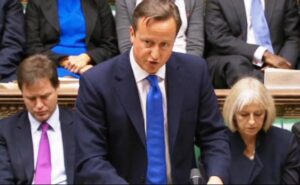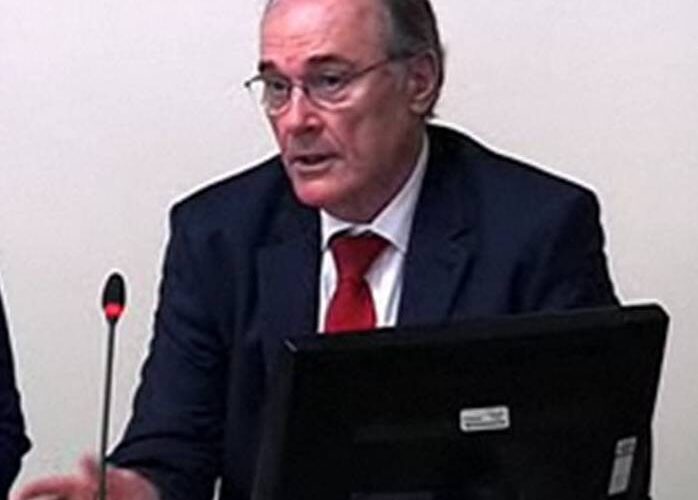
Head of Journalism at LJMU, Professor Chris Frost, who appeared at the Leveson Inquiry in July, gives his verdict on what we can expect to develop in the wake of the report on the future of press regulation.
Professor Frost, who is the Chairman of the National Union of Journalists Ethics Council, sees Prime Minister David Cameron being backed into a corner.
Lord Justice Leveson’s final report, published today, brings to an end almost 18 months of fevered speculation about the future of the press in the UK.
Finally, after shocking revelations of illegal activity, allegations of bribery of police and public officials and the arrest of scores of journalists and public servants, we know that Leveson wants much stronger regulation backed by legislation in the hope of making the British Press more responsible.
The big question now is, what will the Prime Minister David Cameron make of it? Leveson has condemned the present system as failing and says that the culture of the press, particularly national newspapers, needs urgent change.
Hardly anyone giving evidence to the inquiry had suggested otherwise and Leveson was bound to be led by the evidence. The big debate for the country now is whether Leveson has got it right and will be it be sufficient to bring a responsible but free press.
The free press issue is vital, as Leveson himself points out. The right to free expression as upheld by the press is one of the most important rights alongside the right to life and liberty that we have in the UK. But unlike those other two it cannot be absolute.
Freedom of expression has always been bounded by restrictions in order to protect other human rights or to prevent harm.
Leveson’s concern (and now Prime Minister David Cameron’s) is to allow as much freedom as is possible without intruding unnecessarily on the privacy of private citizens, such as the Dowlers, or ruining the reputations of the Chris Jeffries of the world.
Leveson’s way will not be popular with many of the national press editors. He can expect to face a barrage of criticism portraying him as everything from unworldly to an enemy of press freedom.

For David Cameron the choice is stark: should he pick up Leveson’s recommendations or play it safe with the press and go back to cowering before the might of Fleet Street in a way he had hoped to have left behind?
If he does that though, it might still be electoral suicide. The public overwhelmingly wants stronger regulation. The Labour party and the Liberal Democrats in Parliament will be also pushing for stronger regulation.
Many Tories (at least 82) also want stronger regulation; so he is very unlikely to get a majority in the House for dumping Leveson.
In the end he is likely to support much of Leveson’s report simply because he has nowhere else to go.

